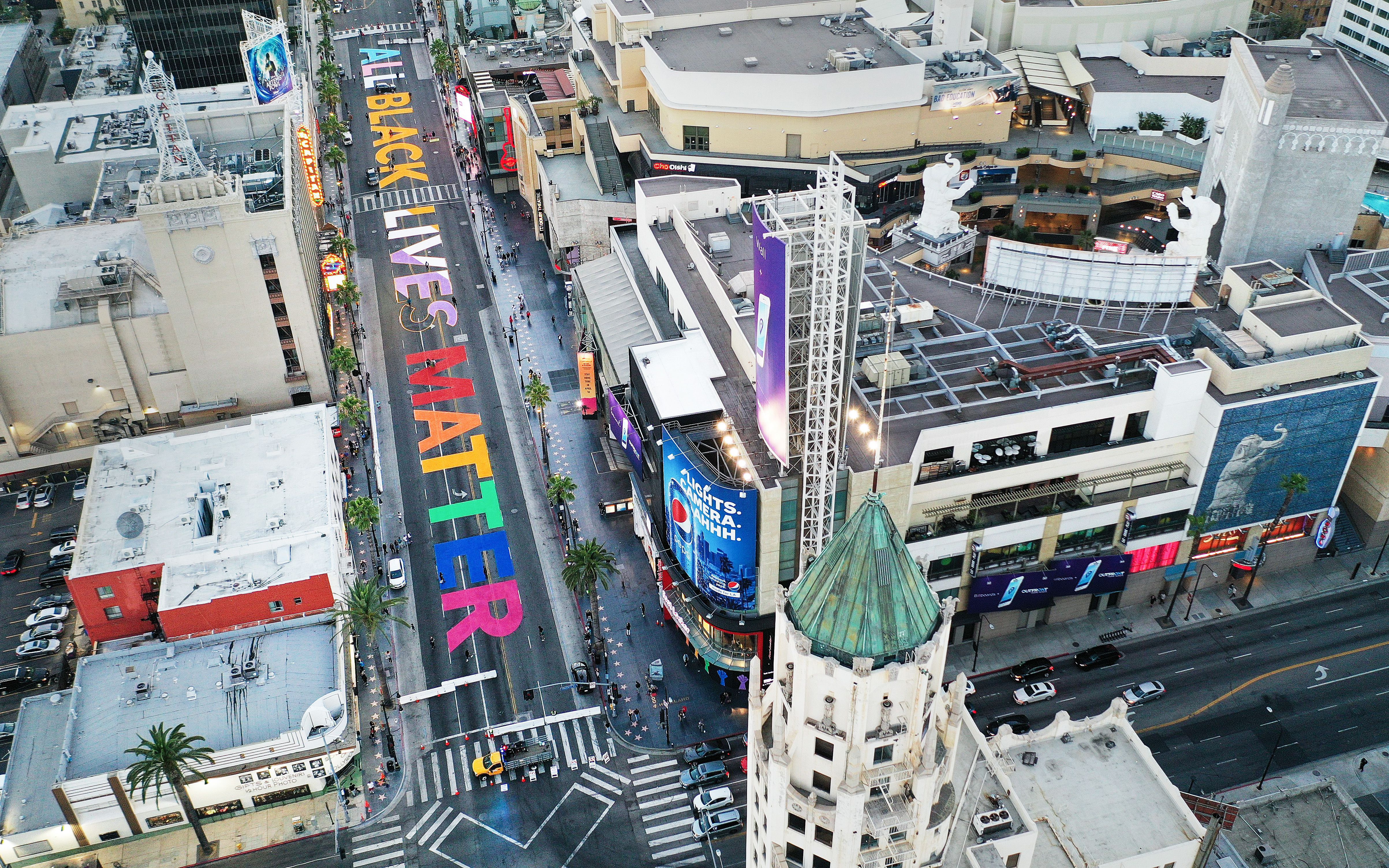A pilot program in Alabama is giving top callers into the 911 system iPads in the hopes of rerouting unnecessary calls, connecting desperate people to immediate health advice, and reducing government spending on non-urgent emergency room trips.
As part of the effort, the 50 most frequent 911 callers in the Mobile area, some of whom are known to have called for emergency transport to the hospital 10 or more times in a single year, will get tablets for six months that can connect them 24/7 to clinicians within the AltaPointe health system.
Dr. Cindy Gipson, AltaPointe’s crisis and justice services director, told NBC 15 the program is designed to aid callers who might have mental health or poverty-related challenges that would be best served by something other than a 911 call requiring costly ambulance transport.
"Sometimes it's as small as you know, trying to decide what to have for dinner or not having anything to have for dinner,” she told the station on Tuesday. “And we can send someone out and help them with that, rather than having to use an ambulance to transport them to a hospital to get a meal.”
Local officials hope the system will save the city money, given that repeat callers who have been taken to the hospital more than 10 times this year have cost Mobile more than $565,000.
Emergency service providers in the area have complained that unnecessary calls can drain resources from those in need and lower the standard of care overall.
“It’s just growing repetitive abuse,” Corey Hughes, owner of Medevac Alabama, told WKRG in March. “These are folks who don’t have an emergency and they utilize the resources heavily. Sometimes multiple times per day.”
He estimates his company has lost more than $1 million from callers who could not pay for their ambulance rides, and the city last year reimbursed local hospitals for less than half of the cost of taking repeat callers to the hospital.
The efforts in the hospital system follow a similar initiative in the Mobile Police Department, which last year used a $750,000 federal grant to equip officers with iPads, allowing people they encounter in distress to connect directly with behavioral health providers at AltaPointe.

“The overall goal is that [the officers] are not the first responders to a mental health call because it really does take a lot of time,” Gipson said of the effort at the time. “Clinicians here at the crisis center can respond 24/7. The officers have the iPads in their patrol vehicle and all they have to do is hold it up for the individual who is in crisis and we talk through what’s going on.”
Other localities have attempted similar programs as a way of diverting people from ending up in the prison system and reducing the demands on officers, who often encounter people in need of social services on crime-related 911 calls.
Harris County, Texas, which includes Houston, in recent years used a similar program and found that around 80 percent of the time the ability of officers to deploy telepsychiatry helped de-escalate scenarios.

"It's made a tremendous impact on the way we police,” Sgt. Jose Gomez, who oversaw the effort, told NBC 15 at the time. “You know, you start talking about changing police culture, this is how you do it. You implement these types of strategies to help these individuals.”
Such diversion strategies saw a surge in funding following demands to reform policing as part of the Black Lives Matter movement, though the Trump administration has cut tens of millions of dollars from community-focused law enforcement grants.
What to know about the warehouses in Virginia that power a lot of the internet
Google employees in New York told to stay home after apparent bed bug breakout
Amazon cloud computing outage disrupts Snapchat, Ring and many other online services
Arizona sues to force House Speaker Mike Johnson to swear in new rep
US strikes against Venezuela amount to ‘extrajudicial executions’, UN experts say
Conservative pundit criticized after posting cartoon about Mamdani riffing on 9/11







